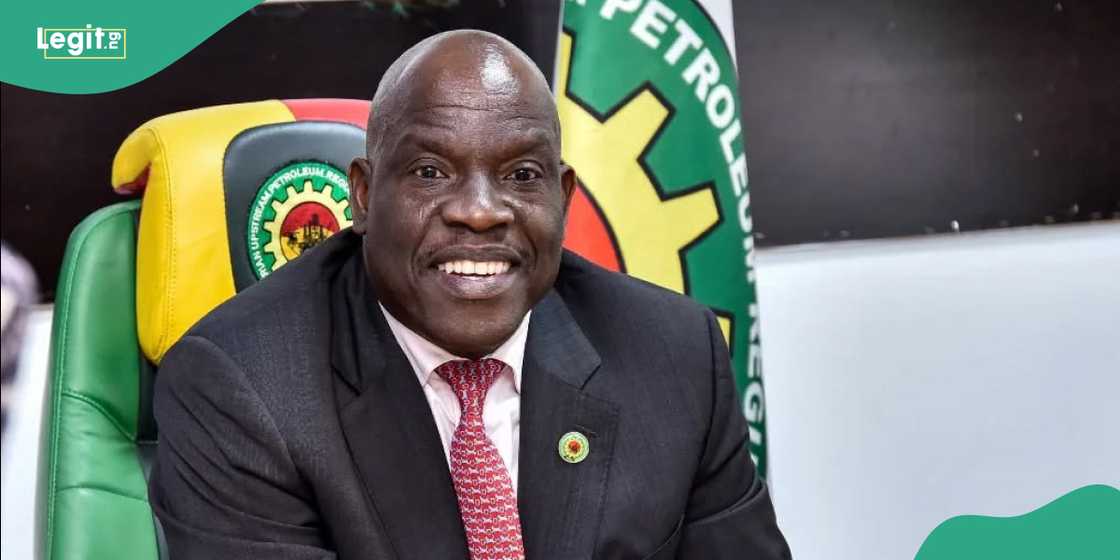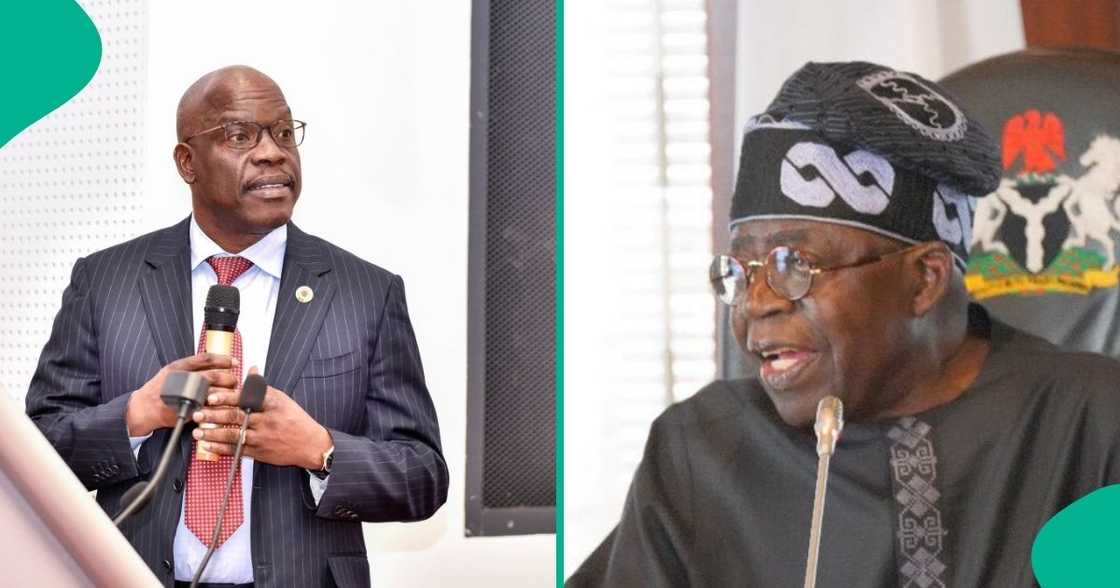NUPRC Cancels $860m TotalEnergies–Chappal Deal, Raises Concerns for Nigeria’s Oil Divestments
- The Nigerian Upstream Petroleum Regulatory Commission (NUPRC) has cancelled the $860 million TotalEnergies-Chappal deal
- The multi-million dollar deal was hugely celebrated earlier this year as transformative for the Nigerian oil industry
- The regulator reportedly cited unmet financial obligations on the part of Chappal Energies for the deal’s termination
Pascal Oparada, a reporter for Legit.ng, has over ten years of experience covering technology, energy, stocks, investment, and the economy.
The Nigerian Upstream Petroleum Regulatory Commission (NUPRC) has revoked its consent for French oil major TotalEnergies’ planned sale of a 10 per cent stake in Shell Petroleum Development Company of Nigeria Limited (SPDC) to Chappal Energies.
NUPRC said both companies failed to meet strict financial obligations tied to the ministerial approval, despite repeated deadline extensions. Eniola Akinkuoto, spokesperson for NUPRC, noted:

Source: Facebook
“The ministerial consent was accompanied by financial obligations to the Nigerian people with strict deadlines. However, both parties failed to meet their commitments, forcing the commission to cancel the deal.”
Why the $860m deal collapsed
The transaction, first announced in July 2024 and valued at $860 million, was part of TotalEnergies’ broader strategy to offload high-cost, environmentally sensitive onshore assets in the Niger Delta.
Reuters reported that Chappal Energies was unable to raise the required financing, which in turn prevented TotalEnergies from meeting regulatory payments, environmental rehabilitation costs, and future liability provisions linked to SPDC operations.
This collapse leaves TotalEnergies stuck with its onshore stake, even as the asset continues to face oil theft, spills, and costly repairs.
Implications for Nigeria’s upstream sector
The failed deal highlights growing uncertainty in Nigeria’s upstream oil sector.
While Shell successfully sold its 30 per cent SPDC stake for up to $2.4 billion earlier this year, other international oil companies (IOCs) — including ExxonMobil, Eni, and Equinor — have also sought exits.
For Nigeria, these divestments were expected to attract local investors, deepen indigenous participation, and sustain oil output.
However, the collapse of the TotalEnergies–Chappal deal raises concerns about whether local buyers have the financial strength to acquire and manage large, liability-laden assets.
Industry analysts warn that delays in divestments could slow much-needed investments in production, threaten Nigeria’s oil output targets, and weaken government revenue from the sector.
Chappal’s track record and challenges
Chappal Energies, which targets mature and distressed upstream assets, successfully acquired Equinor’s Nigerian operations in a $1.2 billion deal last year, financed by Mauritius Commercial Bank and commodities trader Trafigura.

Source: Twitter
However, the firm has not disclosed who would have backed the TotalEnergies acquisition. Without sufficient funding, the transaction stalled, exposing the difficulty of financing big-ticket deals in Nigeria’s capital-constrained environment.
TotalEnergies’ debt and global strategy
TotalEnergies had expected the Nigerian sale to be one of three global divestments raising $3.5 billion in 2025, aimed at cutting its rising debt, which hit $25.9 billion by July.
CEO Patrick Pouyanné told investors the sales would help reduce the company’s debt-to-equity ratio, which stood at 28 per cent mid-year.
The failed Nigerian deal undermines that strategy and prolongs the company’s exposure to SPDC’s operational and environmental risks.
The bigger picture for the oil sector
With its 15 oil licences producing around 14,000 barrels of oil-equivalent per day in 2023 and three gas licences supplying 40 per cent of Nigeria LNG’s gas feedstock, TotalEnergies remains deeply tied to Nigeria’s upstream sector.
The failed divestment signals that while global oil majors want out of Nigeria’s troubled onshore assets, the pathway for local firms to take over remains uncertain.
For the government, the episode underscores the urgent need for better financing frameworks to strengthen indigenous participation in Nigeria’s oil industry.
NUPRC revokes Oritsemeyin oil rig licence
A prior report by Legit.ng disclosed that the NUPRC revoked the operating licence of the Oritsemeyin Rig and ordered its immediate shutdown once ongoing well operations are concluded.
The decision was communicated in a letter dated September 11, 2025, to Selective Marine Services Limited (SMSL), the operator of the rig.
The letter was signed by the Commission’s Chief Executive, Engr. Gbenga Komolafe, and later confirmed in an official statement on Friday, September 12, 2025.
Investor confidence soars in Nigeria's oil and gas sector
Legit.ng earlier reported that the Nigerian oil and gas industry is experiencing a remarkable resurgence, with investor confidence on an upward trajectory.
This positive shift is largely attributed to the decisive implementation of the Petroleum Industry Act (PIA) and the reform agenda spearheaded by President Bola Tinubu.
The Energy Governance Alliance (EGA), a prominent coalition advocating for transparency in the sector, has lauded the NUPRC and its Chief Executive, Engr. Gbenga Komolafe, for their instrumental role in this transformation
Source: Legit.ng





